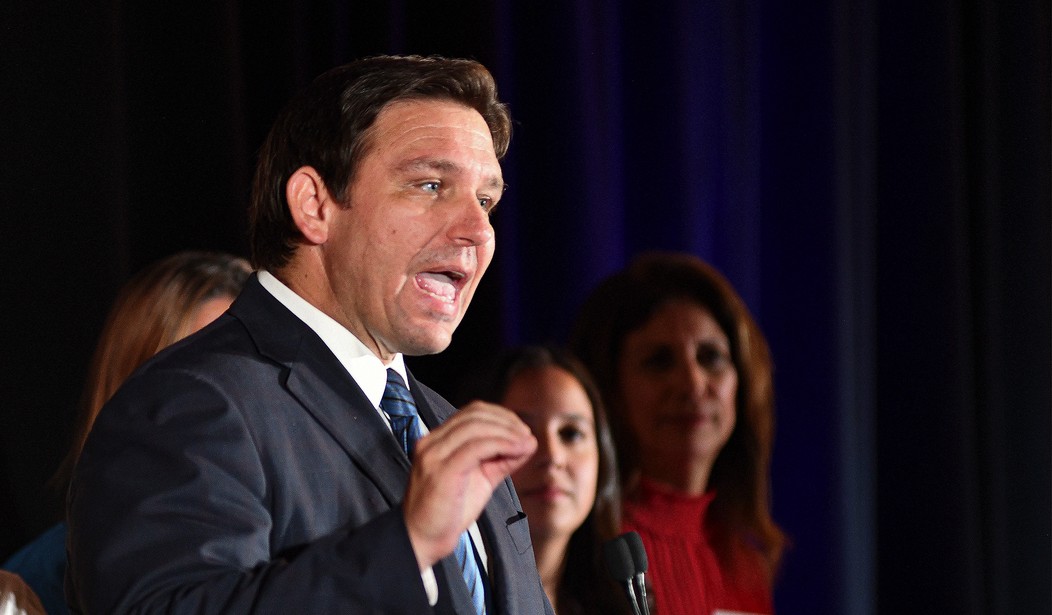Back in August, we looked at the twenty cases of voter fraud identified in Florida by Ron DeSantis’ new Election Integrity Office and the people who were subsequently arrested. While all twenty of those people clearly broke the law, there were some extenuating circumstances that made the cases rather complicated. After sorting through all of the details, I went on to predict that we probably wouldn’t see any convictions after these cases were heard. Now that courts have had time to process the first few suspects, that’s mostly turned out to be accurate. Judges have thrown out three cases, while one woman pleaded no contest and was not sentenced to any jail time. This led MSNBC’s Steve Benen to attempt an end zone dance, declaring that the charges brought by DeSantis’ new office “keep falling apart.” But as I’ll explain in a moment, that’s an extremely misleading description.
The pattern is unmistakable: Cases from Gov. Ron DeSantis’ election crimes office keep ending up in court, and as The Miami Herald reported, they keep collapsing…
By any fair measure, these cases shouldn’t have even existed in the first place. Politico reported a week after the initial arrests that several of those taken away in handcuffs had been “notified by official government entities they were eligible to vote.”
Peter Washington, for example, after serving 10 years in prison, was told that he could vote after his release. After the Orange County Supervisor of Elections sent him a voter registration form, he completed the paperwork and was sent a voter card from local officials. Washington later cast what he thought to be a proper ballot — only to be arrested two years later.
Benen is correct in his facts about the outcomes seen in these cases thus far, but very misleading in his explanation. It’s true that three of the first four cases did not result in a conviction. He also notes the same thing I pointed out in August. Virtually all twenty of these people were told by election officials that they were eligible to vote and given voter eligibility cards.
When I predicted that convictions might be hard to come by, I was assuming that sympathetic judges would note the fact that the ex-convicts had been mistakenly led to believe they could legally vote and take pity on them. Benen seems to at least suggest that the issuance of cards was the reason the cases “fell apart” and “shouldn’t have even existed in the first place.”
But that’s not what happened, at least not in the three cases that were dismissed. If you read all of the details in the linked Miami Herald article, the judges hearing these cases never pronounced the suspects innocent of voter fraud or even suggested that the charges were without merit. They kicked out the cases because of a technicality in Florida’s election laws. It was the state of Florida that brought those twenty cases at Ron DeSantis’ behest. But Florida law only allows the state to prosecute felony cases that take place across multiple counties.
The judges ruled that both the illegal registration and the attempts to vote all took place within the same county. This meant that the county should have brought the cases, not the state. If that were done (and it may happen later), the defendants could still wind up being found guilty. The facts of the case are clear. Even if it was done in ignorance with no intent to commit a crime, all of those people voted illegally. I still doubt that the courts would be so strict that they would lock any of these people up over a mistake made by election officials, but they could all still be found guilty. So these cases did not “fall apart.” They were simply handled improperly by overambitious state prosecutors.








Join the conversation as a VIP Member